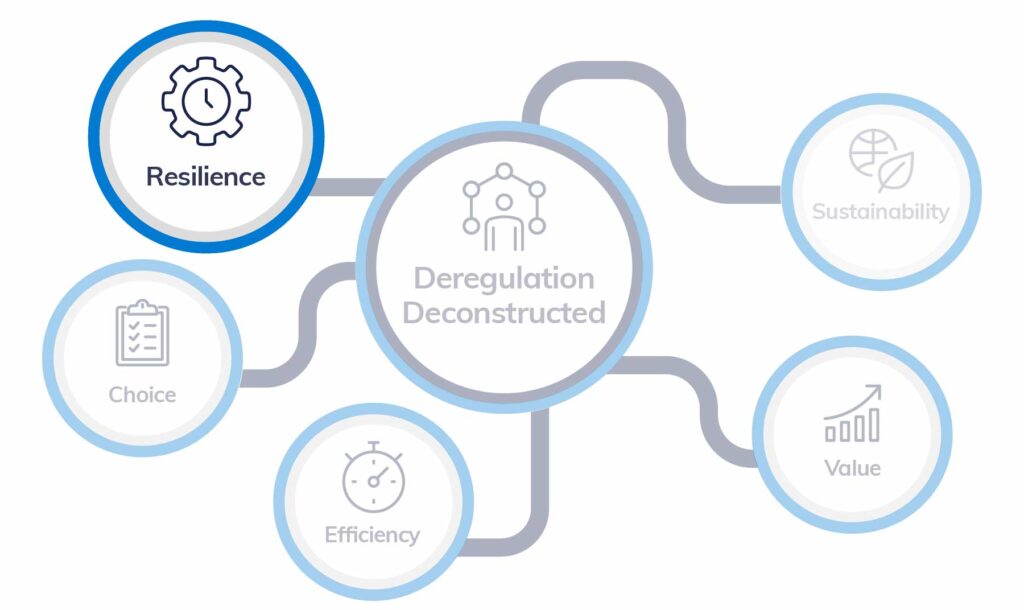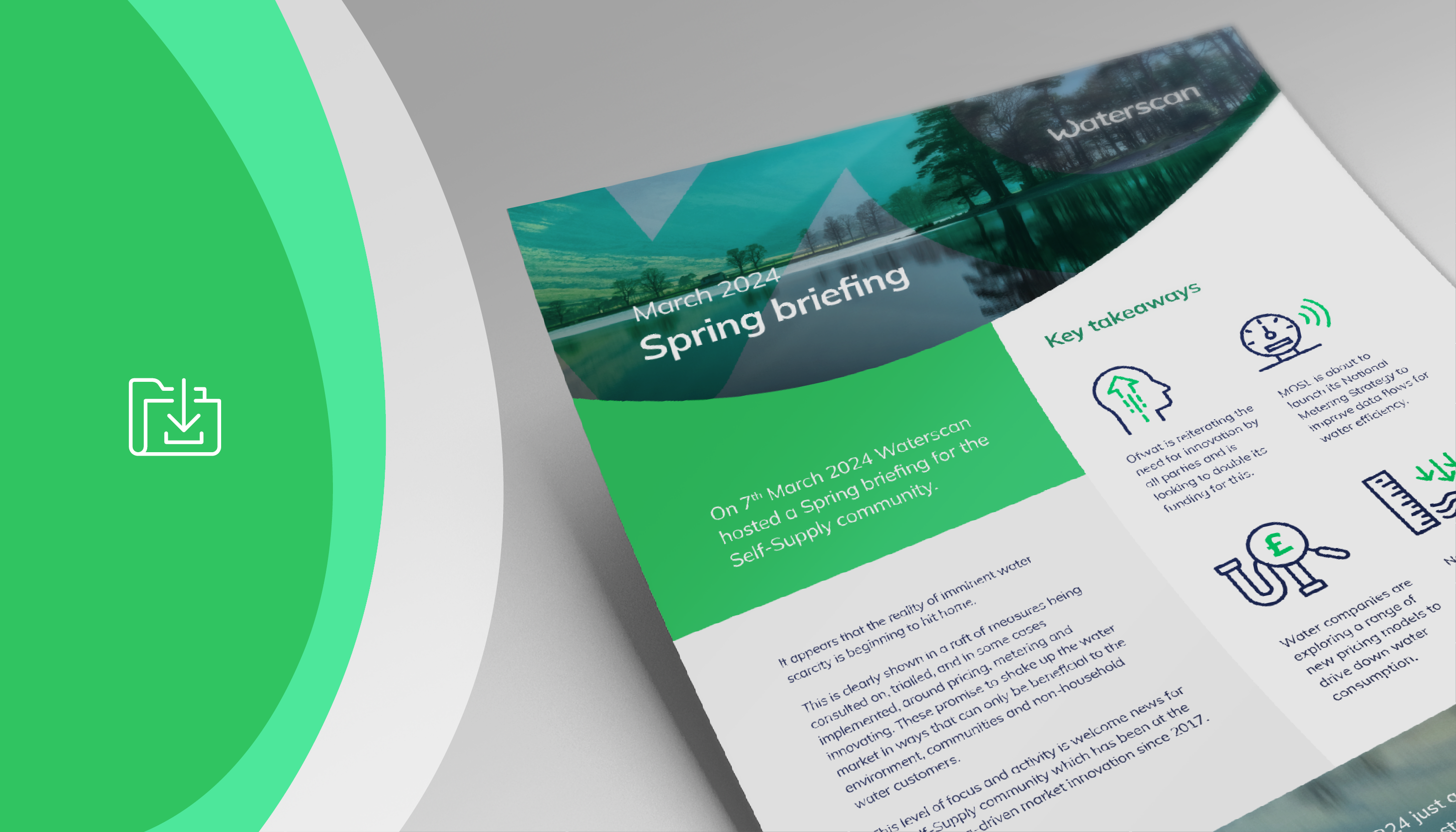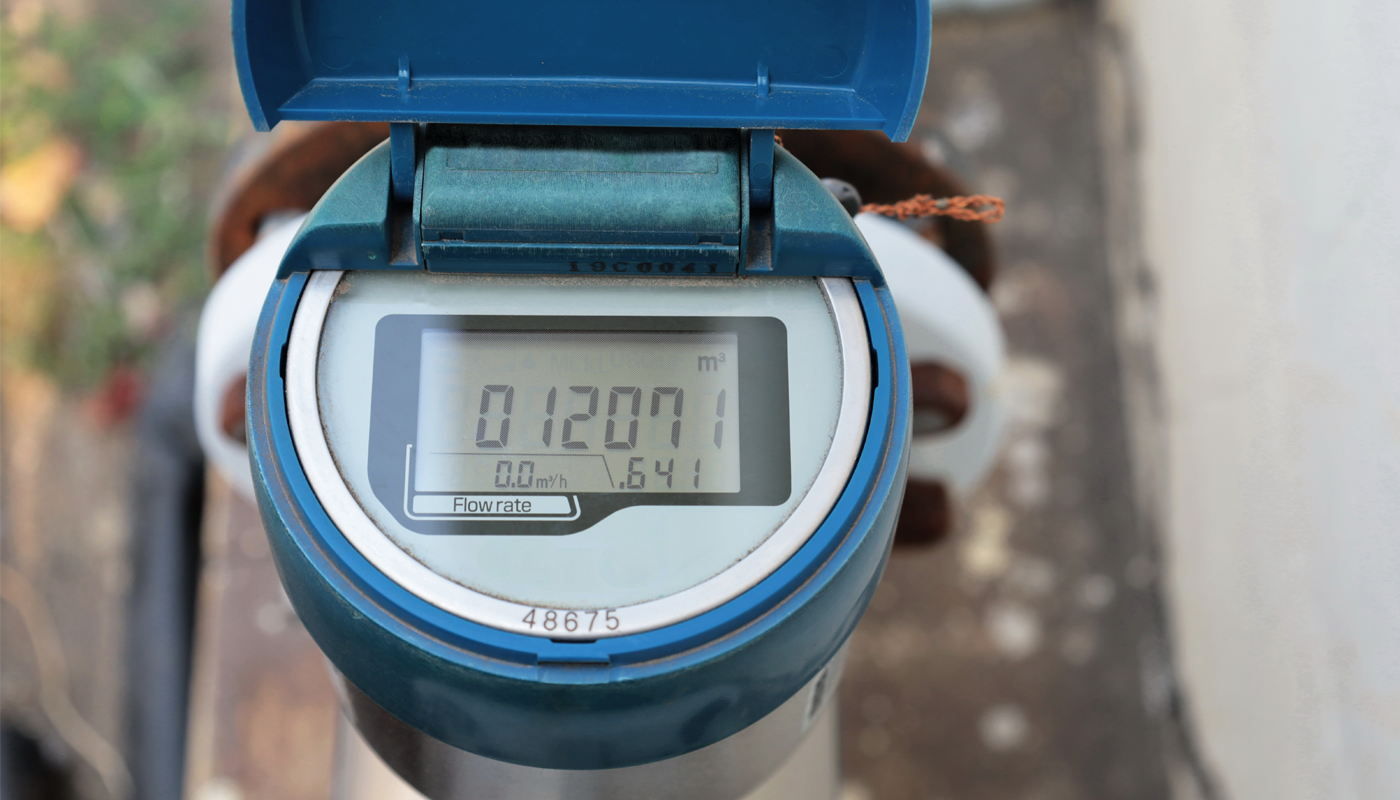The deregulation of the water industry in 2017 set out to accomplish a lot.
Five years on, to what extent has it delivered on operational resilience to water-related events?

Progress
55% of non-household customers stated that ‘securing a reliable water supply without interruption’ was their primary motivation for being active in the water market.
“[the market has delivered] commercial competitiveness and security of supply”*
Customers want a reliable water supply above all else

Source: Ofwat State of the Market Report 2021-22
Customers that have been able to benefit from advanced/smart metering are able to identify more quickly any data anomalies for investigative, proactive or remedial action.
Customers that Self-Supply have direct access to wholesalers and their knowledge of drought and flood likelihood.
“I can now make good strategic decisions based on sound accurate water data. A focus area for us is to boost resilience and build contingency plans for our sites in water-stressed catchment areas.”*
Roadblocks
The primary function of the central market operating system (CMOS) and retailer billing systems is to invoice, not analyse. Therefore, any business resilience analysis and risk-based planning requires the interrogation of a range of different datasets, not easily achieved without expert internal resource or support from a third-party consultant.
“operational resilience remains a weakness and commitment to providing all persons and businesses affected by flood/drought/mains outage should be the goal”*
The majority of business customers are disconnected from wholesalers because they secure their water services through retailers and are therefore unable to benefit from wholesaler insight on the status of regional groundwater supply.
Water retailers generally manage national portfolios with high volumes of customers and supply points, and so it is difficult for them to focus on specific geographical and customer needs.
Leakage, which could result in flooding, remains concerning. Around 20% of water put into the public water supply is lost to leakage, according to the Environment Agency, with burst pipes the most common cause of loss of water supply. Further, Water UK predicts that 350,000 km of water mains and 625,000 km of sewers in the UK will fail more often. Yet, Discover Water confirms that an average of just 126 per 1,000 km of mains pipe repairs were carried out in the last year, down year on year.
Moving Forward
- In the face of compelling evidence of increasingly frequent weather extremes, leadership and a fully integrated approach from ministerial level down is needed, to ensure that DEFRA, Ofwat, MOSL, wholesalers and retailers are pulling in the same direction to keep Britain open for business.
- There should be greater transparency and communication around the fragility of water supplies so that businesses understand the need to build water supply into their resilience plans. Wholesalers should have clearer processes in place to communicate specific challenges in their catchments so that non-household customers can take preventative action and avoid operational and financial disruption.
- The market should not be aiming for a ‘hands-off’ approach to data – there will always be a need for on the ground validation, correction of drift, investigations into failed meters and leaks to secure resilience.
- The water market should support customers in their voluntary and mandatory environmental disclosures such as CDP and Task Force on Climate-Related Financial Disclosures (TCFD) which acknowledge water as an investment risk.
What are your priorities? Find out how the water market is performing on other measures:
*Direct customer quotes from survey conducted by Waterscan, May 2022




